Prevent Burnout with Self-care Strategies

– Part 1 in the 2022 Teaching & Learning Day Series
On January 21st, the Coulter Faculty Commons hosted the 2nd Annual Teaching and Learning Day with the theme “Prevent Burnout with Self-Care Strategies.” The keynote address was delivered by Dr. Julie Harrison-Swartz, DNP, MSN, RN, FNP-BC, an assistant professor in the Department of Nursing at UNC Pembroke (recording available below). Dr. Swartz provided unique insight, as she is both faculty and a health care practitioner. Her research interest lies in ways faculty can support students’ well-being.
View Presentation
Keynote:
Dr. Harrison-Swartz discussed stressors and how each individual’s perception of them is going to determine how they react physically and psychologically. Burnout occurs when individuals experience stress without relief. Burnout manifests itself as exhaustion, disengagement, loss of motivation, and depression. The pandemic has exposed us all to internal and external stressors for two years and it is taking its toll.
Strategies to Combat Burnout
Mindfulness is important as it makes us acknowledge our inner selves and be better prepared to take steps to better cope with the stressors in our lives: “Mindfulness is a non-judgmental way of paying attention to the present moment” (Centre for Mindfulness Studies).
Below we highlight how to practice mindfulness. WCU also has an institutional subscription to the mindfulness app Calm. Use this link to subscribe for free.

Types of Mindfulness Practice:
- Seated, walking, standing, and moving meditation (it’s also possible lying down but often leads to sleep)
- Short pauses we insert into everyday life
- Merging meditation practice with other activities, such as yoga or sports.(Mindful.org)
- Can be done anywhere, in your car, at your desk, outside (we have such a beautiful campus!), at home.
- Set boundaries (time and space) for email, grading, other academic work.
- Try to not check email at least one of the days of the week, perhaps a weekend day.
- Find what gives you joy and disconnect long enough to relax, recharge and refresh: playing with your pet, creative outlets such as drawing, crafting, music, creative writing.
- Most importantly, remind yourself why you are doing this. Have mantras like “We are in the business of changing lives” as Chancellor Belcher used to say. Or our current call “We are fulfilling our Promise”.
Resources:
Centre for Mindfulness – https://www.mindfulnessstudies.com/
Mindful.org – https://www.mindful.org/what-is-mindfulness/
Else-Quest, N., Sathy, V., & Hogan, K. A. (2022, January 18). How to Give Our Students the Grace We All Need. The Chronicle of Higher Education. https://www.chronicle.com/article/how-to-give-our-students-the-grace-we-all-need
Imad, M. (2021, July 8). Pedagogy of Healing: Bearing Witness to Trauma and Resilience. Inside Higher Ed. https://www.insidehighered.com/views/2021/07/08/how-faculty-can-support-college-students%E2%80%99-mental-health-fall-opinion





Recent Comments